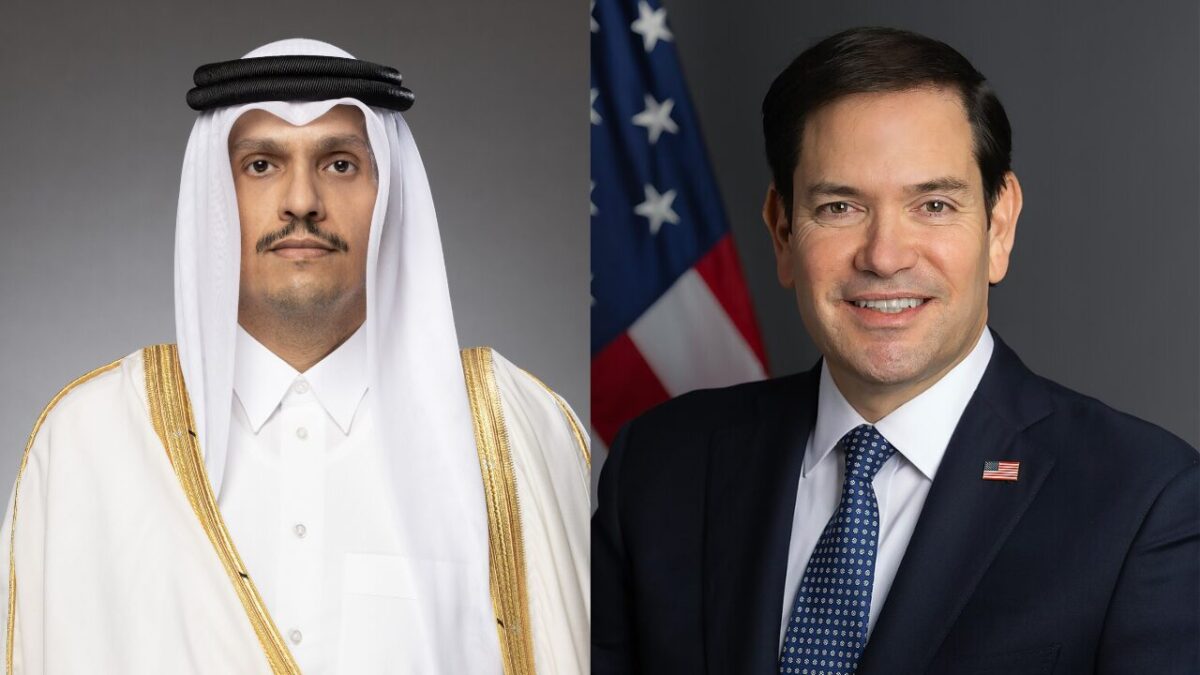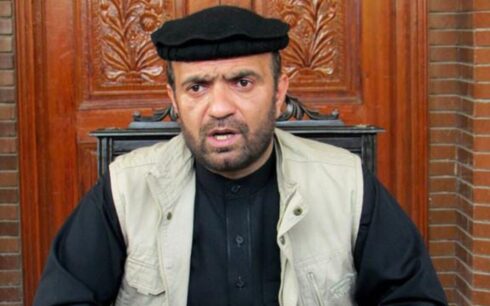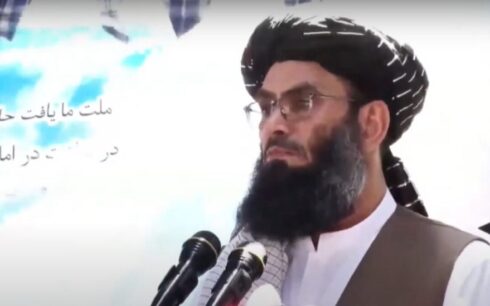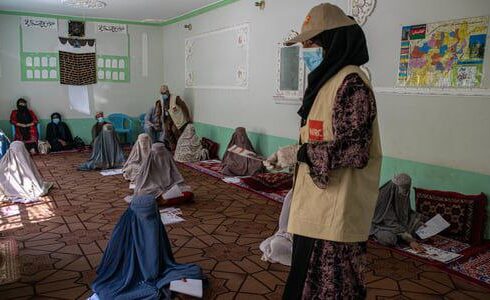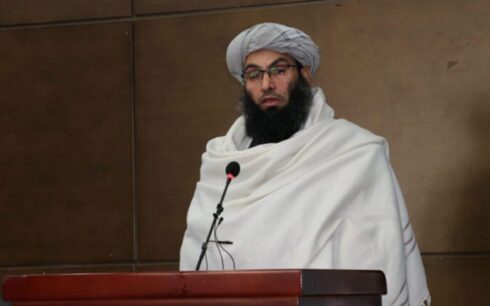KABUL, Afghanistan — U.S. Secretary of State Marco Rubio has expressed his government’s gratitude to Qatar for its role in securing the release of American citizen George Glezmann, who had been held in Taliban custody in Afghanistan for more than two years, according to a statement issued by the Qatari Foreign Ministry on Monday.
The phone call between Rubio and Qatari Prime Minister and Foreign Minister Sheikh Mohammed bin Abdulrahman bin Jassim Al-Thani took place on March 24 and centered on strengthening U.S.-Qatar relations, as well as coordination on regional and international matters. During the call, Rubio thanked Qatar for what he described as a critical role in Glezmann’s release and praised Doha’s broader efforts to promote peace and stability in Afghanistan.
“HE the U.S. Secretary of State expressed his country’s gratitude to the State of Qatar for facilitating the release of American citizen George Glezmann… commending Qatar’s efforts to establish security, peace, and stability in Afghanistan and the region,” the statement said.
Glezmann’s release last week came just hours after a previously unannounced visit by a U.S. delegation to Kabul — a delegation that included former U.S. special envoy Zalmay Khalilzad. Images shared afterward showed Glezmann with members of the delegation, sparking speculation about behind-the-scenes negotiations between the Taliban and Washington.
Two days after the release, figures close to Taliban Interior Minister Sirajuddin Haqqani, including his brother Anas Haqqani, claimed that the United States had quietly removed a $10 million reward for Sirajuddin’s arrest, along with $5 million bounties for Aziz Haqqani and Yahya Haqqani — two other senior figures in the Haqqani network. The names no longer appear on the State Department’s “Rewards for Justice” website, though the U.S. government has yet to confirm any formal policy change.
The Taliban leadership in Kandahar, including the group’s foreign ministry and executive leadership, has remained silent on the matter. Four days after reports of the reward removal first emerged, there has been no official statement.
Some analysts believe the developments could signal renewed quiet diplomacy between the U.S. and the Taliban, possibly brokered through regional partners like Qatar.
“The United States may be using Khalilzad’s presence to maintain some influence over the Taliban and prevent Afghanistan from falling further into the orbit of China or Russia,” said Aref Rahmani, a former Afghan lawmaker.
Others point to deeper intelligence or security considerations. “From the killing of Ayman al-Zawahiri in Kabul to the release of American detainees, there are signs of continued intelligence coordination,” said former prosecutor Ghulam Farooq Aleem. “The U.S. may be offering short-term incentives to the Taliban in exchange for cooperation.”
Sirajuddin Haqqani, who had not appeared publicly for more than 50 days, resurfaced earlier this month in a mosque in Khost Province. But as of Tuesday, no images have been released showing him at the Interior Ministry headquarters in Kabul, fueling speculation of an ongoing internal rift between the Haqqani network and the Taliban leadership in Kandahar.

